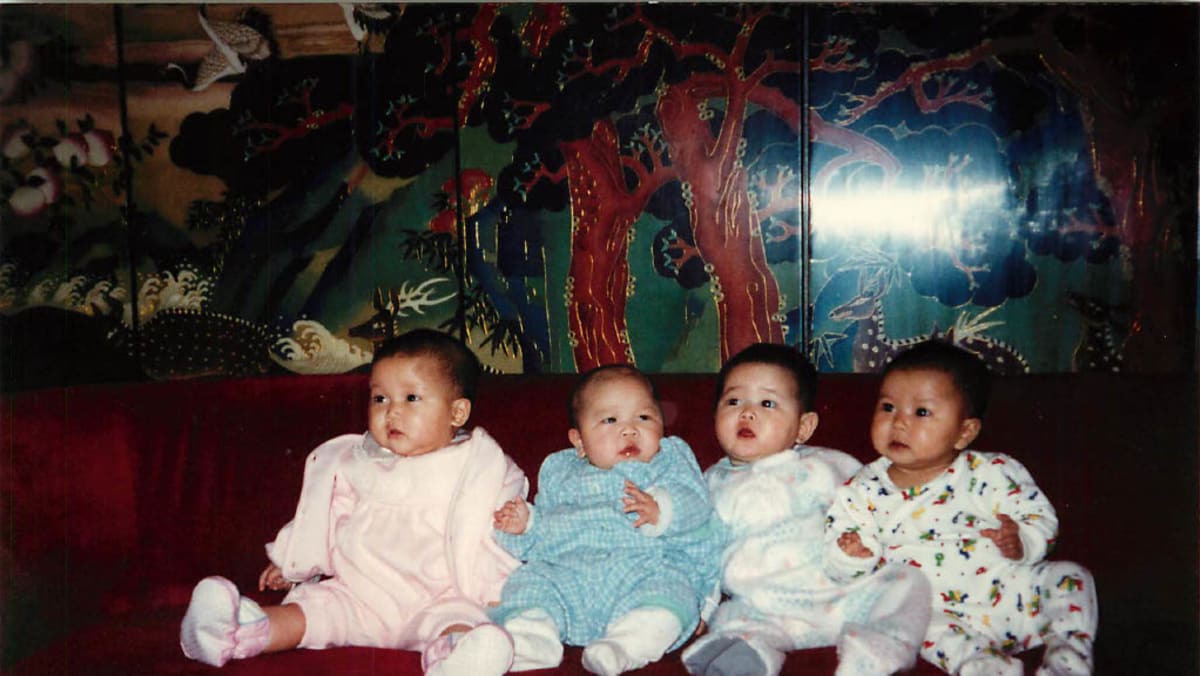Analysts also told CNA that the impact on small businesses would likely be largely indirect and minimal. “I don’t think Fed cuts will have much effect on Chinese consumers,” said Mr Bell, who added that “small companies with a domestic focus are less impacted”, while citing low domestic confidence as a limiting factor.
“Generally, small businesses and individuals are shielded from direct impact by broader policy adjustments,” said Australian financial columnist Mr Daryl Guppy, also the CEO and founder of Guppytraders.com.
He noted that global tariffs and sanctions would play a far more significant role in influencing Chinese consumption habits than US monetary policy.
“The primary impact will be in price changes for goods imported from the United States.”
FOLLOWING THE FED?
While China’s central bank hasn’t mirrored the Fed’s aggressive stance in cutting rates, it has implemented a series of smaller cuts – including policy interest rate by 0.2 percentage points, and lower banks’ reserve requirements by half a percentage point.
But Mr Guppy pointed out that the PBOC’s moves were not a direct response to recent moves by the US.
“PBOC policy decisions are not taken in a knee jerk reaction to US policy,” Mr Guppy said. “The impact of lower rates always increases consumer and business confidence because it lowers the cost of borrowing and debt servicing.”
Analysts say Beijing’s historical reaction to US Fed rate cuts could also provide some much-needed insight into its likely future moves.
According to Mr Bell, China historically “has had a very different monetary policy framework than the Fed’s interest-rate focused approach.”
“For much of the early 2000s, China pursued a currency peg, and after that, a much more quantity-driven framework focused on the quantity of credit rather than their cost,” Mr Bell told CNA.
He also explained that China was “more insulated”, because of its relatively “closed” capital account, at least until 2015, which helped it experience fewer spillovers from international financial conditions. Under a closed capital account, companies and individuals cannot move money in and out of the country except in accordance with strict rules.
“When severe crises hit which threatened to spill over via the trade channel, China relied on very large fiscal and credit stimulus.”
Others believe the focus of Chinese policymakers should be on tackling these internal issues like reviving the faltering economy, which may necessitate a more nuanced approach this time around.
“China’s reactions are tempered by the needs of the domestic economy and policy directions,” he said. “US Fed rates movements are a factor that may make it easier, or more difficult, (for China) to continue with an appropriate domestic policy,” said Mr Guppy.
Mr Bell though thinks that China “should not be in a place where Fed moves matter much” but given the current economic circumstances, he concedes that “any international conditions” including Fed rate policy would have “a more salient impact on the Chinese economy”.
“But that is not a given, much rather a reflection of lacking policy actions in Beijing,” Mr Bell added.













